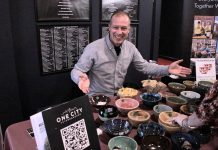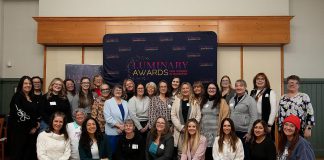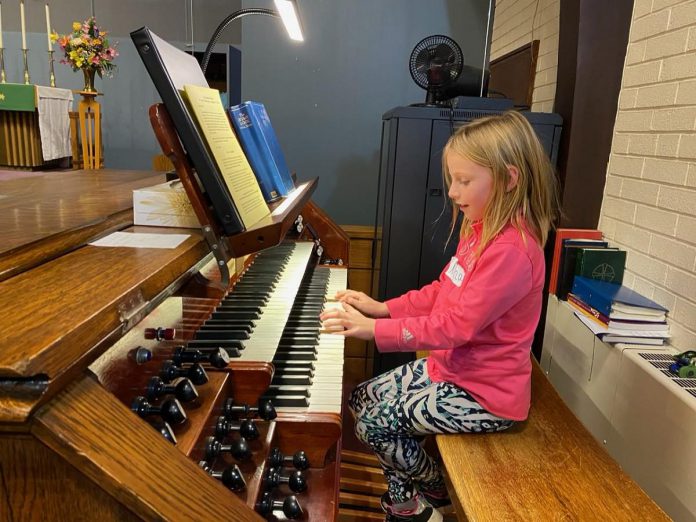
Just as any child has the potential to learn any language, so too can they learn any instrument. That is the philosophy of the Suzuki Method, a world-renowned approach to music education that was created by violinist Dr. Shinichi Suzuki in the mid-twentieth century.
The method, which emphasizes learning music through listening and imitation similar to language, is at the heart of the Peterborough Suzuki School of Music, a non-profit membership organization that fosters piano music education for children.
“It took me a long time to realize that music is not a written art form,” says Lenore Parajka, a piano instructor with the Peterborough Suzuki School of Music. “Music is not so much the notes on the page but what’s is in your ear, and the Suzuki Method really develops the ear which is vital for playing musically.”
When learning a language, Parajka suggests, children are first immersed to the sounds around them before they begin imitating them and ultimately learn the language.
“Similarly with music, you listen the pieces even before you start lessons,” says Parajka of the Suzuki Method. “Students love this.”
Once the songs are “ingrained” in the students, they learn to imitate the songs during their lessons.
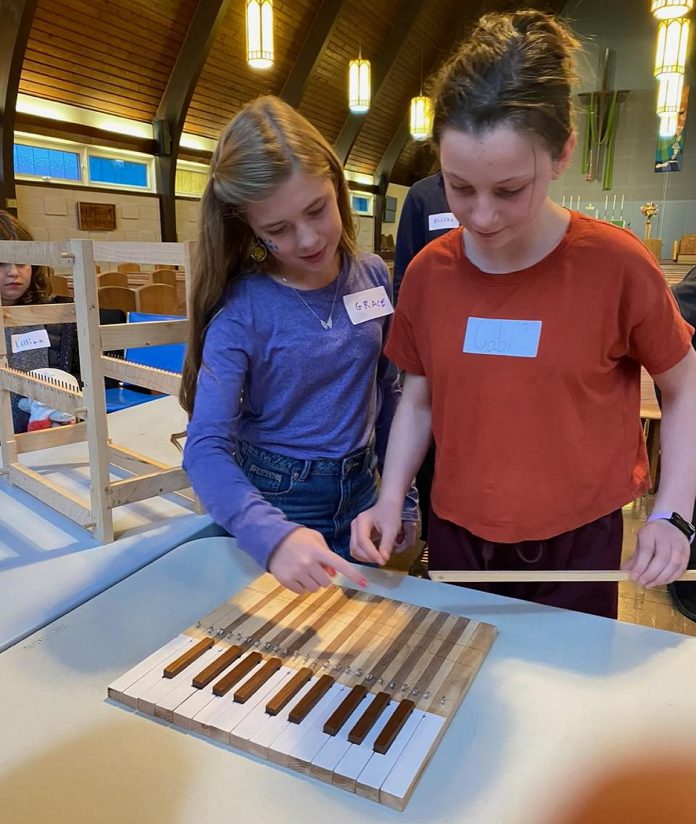
“Because the music has become internalized, often the student can already play musically,” Parajka explains. “They can hear right away if something’s right or something’s wrong. We also focus on a lot of technical challenges or technical problems because they’re not actually reading the music.”
Even if students have been learning to read other music along the way, they only get exposed to the songs they are playing in the final step.
“Reading is important, and we all are teaching reading as well, but the emphasis at the beginning is on the ear,” says Parajka. “Because of that, you can start children at an early age.”
Another major component in the Suzuki Method is the role that a child’s parent plays in their learning, where they will often sit in on the instruction.
Parajka uses an analogy of a three-legged stool that cannot stand without the three supports: the child, the teacher, and the parent.
“The more the parents are involved, often the more the children enjoy it as well,” she says.
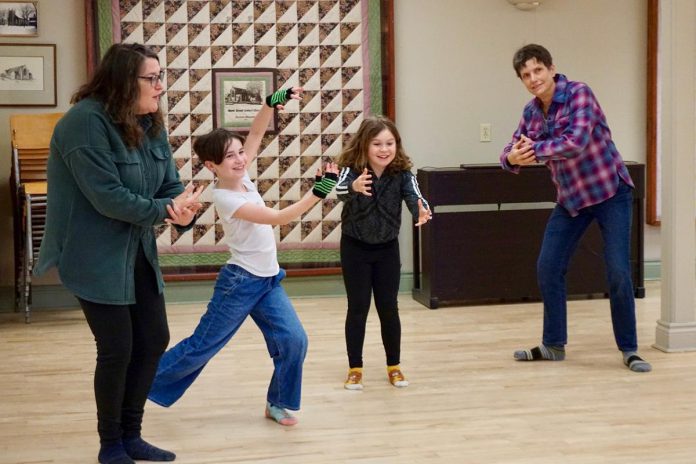
While each instructor with the Peterborough Suzuki School of Music runs their own individual private music school, including Parajka who has run a studio for 35 years, students from ages four to 18 can register for a family-priced membership with the organization to get additional opportunities for performance and connections.
In addition to running two recitals with a catered dinner per year, the Peterborough Suzuki School of Music hosts, at minimum, two music or performance-based workshops such as ukelele-playing, theatre, and organ-building.
The school also runs one annual masterclass wherein professional musicians from outside the region lead students in a full day of learning.
Further fostering connection and oftentimes inviting the broader community to take part, the school will often host other special events, like inviting the Canadian Opera Company to perform in Peterborough.
“What all this does is it really helps foster a sense of community because piano, unlike violin or flute or cello, is a little bit isolating,” Parajka says.
“With this, students motivate each other, they provide each other with role models, and there really is a sense of community within the school.”
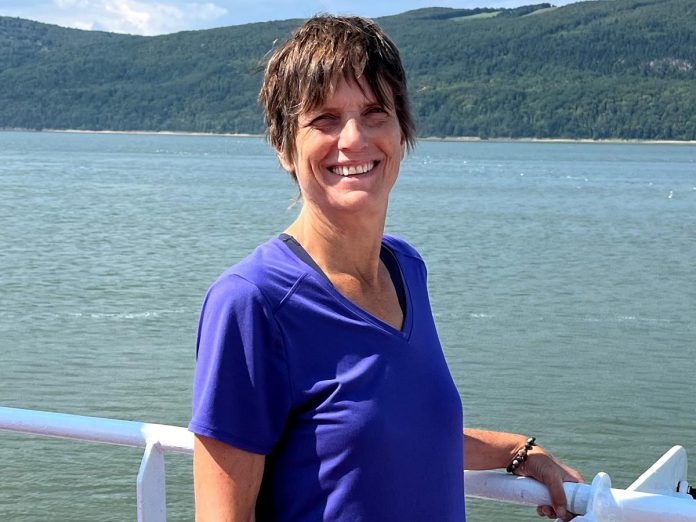
(Photo via Peterborough Suzuki School of Music website)
To ensure music education is accessible to all children in the community, the non-profit offers subsidies, and are always seeking donations and sponsorships, as well as new board members.
With only five to six meetings per year and no musical experience required, Parajka says the membership is a “small commitment.”
“They could even just come and decide who’s going to cater our next dinner,” she says. “Or they can be as active as they want to be.”
The school is also looking for more “dynamic” piano teachers, who will get supportive training through the school, while also building community with other musicians and instructors — just like with the students.
“Students who join the school tend to stay longer with music than those who don’t join the school,” Parajka says. “You have mentors, you become a role model yourself, and it is a community.”
To register or make a donation to the Peterborough Suzuki School of Music, visit www.ptbosuzuki.ca. To learn more about becoming an instructor or to become a board member, email ptbosuzuki@gmail.com.






